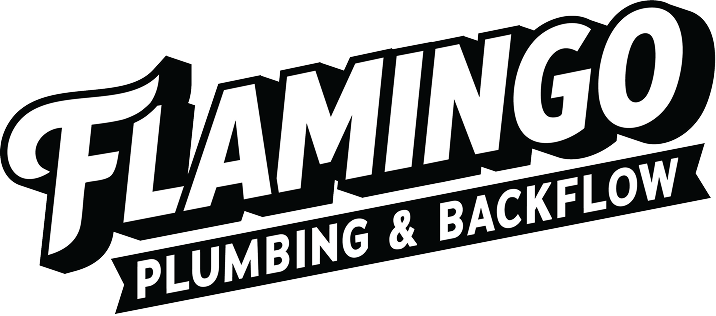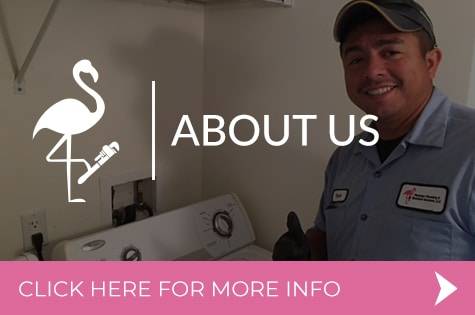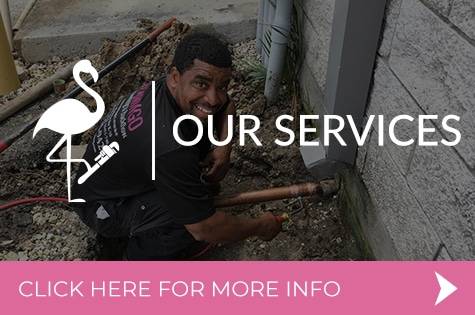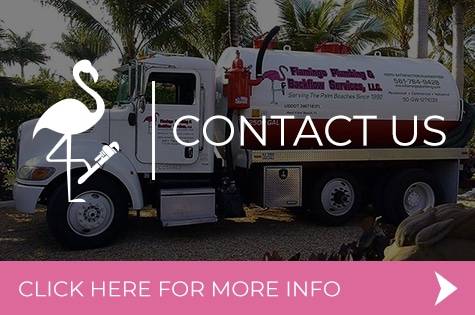As summer approaches, restaurants anticipate a surge in patrons eager to enjoy seasonal dining. This increase in activity can place additional strain on kitchen systems, particularly grease traps. Proper maintenance of grease traps is essential to ensure smooth operations and prevent costly disruptions.
Understanding Grease Traps
Grease traps intercept fats, oils, and grease (FOG) from wastewater, preventing them from entering the municipal sewer system. Without regular maintenance, accumulated FOG can solidify, leading to blockages, unpleasant odors, and potential health hazards.
Summer Challenges
The combination of higher temperatures and increased kitchen activity during summer accelerates FOG accumulation. This can overwhelm poorly maintained grease traps, resulting in backups and foul smells that can deter customers and attract health code violations.
Maintenance Best Practices
To keep your grease trap functioning optimally:
- Regular Cleaning – Establish a routine cleaning schedule based on your kitchen’s volume. High-traffic establishments may require more frequent cleanings to prevent buildup.
- Staff Training – Educate your team to dispose of food waste and grease properly. Scraping plates and utensils before washing reduces the amount of FOG entering the trap.
- Monitor Water Temperature – Ensure that dishwashing water is below 144°F. Higher temperatures can melt grease, allowing it to bypass the trap and solidify in pipes, leading to clogs. Learn more about backflow prevention.
- Install Sink Screens – Utilize steel screens under sinks to catch food particles, preventing them from entering the grease trap and causing blockages. If buildup occurs, consider hydro jetting services to clear out stubborn debris.
Preventing Backflow Issues
Backflow occurs when contaminated water reverses flow, entering the clean water supply—a serious concern for any restaurant. To mitigate this risk:
- Regular Inspections – Schedule routine checks of backflow preventers to ensure they function correctly.
- Prompt Repairs – Address any signs of malfunction, such as leaks or unusual noises, immediately to prevent contamination.
- Install Proper Equipment – Investing in the right plumbing solutions can protect your water supply and keep your kitchen running smoothly.
Comprehensive Plumbing Support
Beyond grease trap maintenance, maintaining the overall health of your plumbing system is vital. Services to consider include:
- Drain Cleaning – Routine cleaning prevents clogs and maintains efficient wastewater flow.
- Leak Detection – Early identification of leaks can prevent water damage and costly repairs.
- Garbage Disposal Services – A well-maintained disposal unit ensures efficient kitchen operations.
- Tankless Water Heater Maintenance – Optimize your water heating system for better performance and energy efficiency. Read more about water pressure in a tankless water heater.
By prioritizing grease trap upkeep and addressing broader plumbing needs, your restaurant can provide a safe, enjoyable dining experience throughout the bustling summer season.





